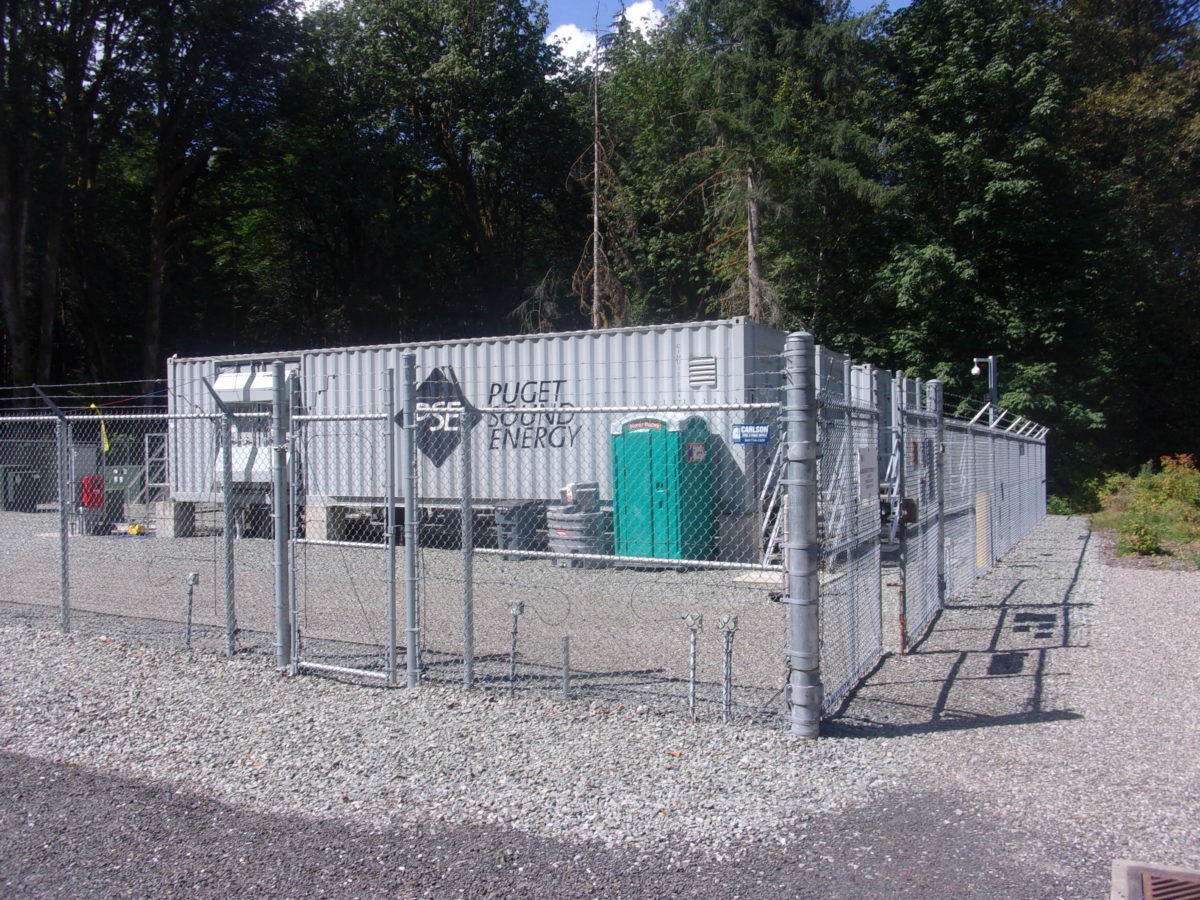Researchers from the California-based Electric Power Research Institute have sought to establish what impact the widespread deployment of energy storage will have on greenhouse gas emissions.
Counter-intuitively, given the vital role storage is expected to play in accelerating the use of renewable energy, the U.S.-based researchers said the existing scientific literature pointed to a rise in emissions related to storage roll-out. However, the researchers pointed out, that body of evidence considers only the current energy mix, with its partial contribution from clean energy sources, and does not take into account the strategic role storage will play in displacing fossil fuel generation in favor of renewables, thereby reducing greenhouse gas emissions.
Most current studies suggest the owners of energy storage assets are more likely to charge their facilities during off-peak periods when power prices are lower, in order to supply power during more expensive peak hours. Off-peak generation times such as night time hours are more likely to be dominated by conventional power sources which, with the exception of nuclear and hydro, are likely to be carbon intensive.
Cannibalization of clean energy value
The ability of storage to balance energy supply by evening out demand peaks and troughs also tends to reduce the value of the electricity such assets are displacing while being discharged, typically during peak periods of demand, when they may be competing with solar and wind power. Driving down the price of renewable electricity during peak demand periods could hamper the business case of such clean energy assets in comparison with more carbon-heavy power sources able to keep generating to recharge storage facilities overnight.
Such studies, however, only consider the dispatch role played by energy storage in today’s power mix of conventional and renewable energy and do not consider the “investment effects” the roll-out of such facilities will have on conventional, often carbon-heavy generation facilities.
The findings of the Electric Power Research Institute group, presented in the study Emissions impacts of future battery storage deployment on regional power systems and published in Applied Energy and on the ScienceDirect.com website, state emissions linked to an increased share of storage technology may increase or decrease depending on the specific characteristics of energy markets. Emission reductions, in their view, are more likely in regions where wind and solar are cheaper than gas. “The existing literature likely understates emissions reductions from battery storage deployment because it omits investment effects,” research co-author John Bistline told pv magazine.
Need for carbon targets
The researchers also found more stringent carbon targets may contribute to a scenario where storage has a small impact on the volume of emissions but can decrease total system costs. “Energy storage tends to increase the value of system resources used for charging and decrease the value of generators it competes against when discharging, which suggests that impacts are context dependent and require modeling to estimate,” the researchers wrote.
The researchers classed storage as a ‘second order’ driver of emissions and said factors such as carbon policies and variable renewable energy costs would have more impact in the effort to reduce greenhouse gas volumes.
“The ambiguous impact of battery storage on emissions indicates that detailed analysis is required to evaluate whether storage is likely to increase or decrease emissions, given assumptions about the future for any specific electric grid,” the paper noted.
Bistline added: “I think an important conclusion from our work is that the omission [of the potential long-term emission benefits] means that storage deployment reduces emissions [more] than earlier studies suggest.”
This content is protected by copyright and may not be reused. If you want to cooperate with us and would like to reuse some of our content, please contact: editors@pv-magazine.com.




3 comments
By submitting this form you agree to pv magazine using your data for the purposes of publishing your comment.
Your personal data will only be disclosed or otherwise transmitted to third parties for the purposes of spam filtering or if this is necessary for technical maintenance of the website. Any other transfer to third parties will not take place unless this is justified on the basis of applicable data protection regulations or if pv magazine is legally obliged to do so.
You may revoke this consent at any time with effect for the future, in which case your personal data will be deleted immediately. Otherwise, your data will be deleted if pv magazine has processed your request or the purpose of data storage is fulfilled.
Further information on data privacy can be found in our Data Protection Policy.